“I am present at the sowing of the seed of the world.” – Ralph Waldo Emmerson
During his Harvard commencement speech in 1837, Ralph Waldo Emmerson (May 25, 1803 – April 27, 1882) took the podium to address the top students in the graduating class marking the capstone in a week of ceremony and tradition. In his speech, titled “The American Scholar,” Emerson commanded that our young country must develop a national intellectual life distinct from the colonial influences of the past. He condemned the academic scholarship of the time for its reliance on historical and institutional wisdom.
Emmerson argued that the scholar had become “decent, indolent, complaisant.” To become more than “a mere thinker, or, still worse, the parrot of other men’s thinking,” a scholar must begin to engage with the world for oneself.
Emmerson is a famous American author and poet who grew up in Concord, Massachusetts, famously known as the home of both Minutemen and Transcendentalists. A place where “embattled farmers” fired “the shot heard ’round the world,” starting the war for political independence on the 19th of April 1775. The place where I contend that the traditional landscape of Freemasonry and philosophy were officially changed to what was we see today in the West.
Emmerson’s “The American Scholar” would give a new voice to the movement’s individualism: envisioning an independent American intellectual culture premised not on any kind of nationalist pride—nor any particular doctrine or political system—but on a dedication to independence itself. He would later define the “American idea” he sought to promote through his work simply as “Emancipation.”
Emerson’s speech left a particular impression on two members of the Harvard community, a troublemaking undergraduate named James Russell Lowell and a recent alumnus named Oliver Wendell Holmes.
“The Puritan revolt had made us ecclesiastically and the Revolution politically independent, but we were still socially and intellectually moored to English thought,” Lowell later wrote, “till Emerson cut the cable and gave us a chance at the dangers and the glories of blue water.”
Holmes called the speech America’s “intellectual Declaration of Independence.”
The world-famous Freemason and author Emmerson first preached the doctrine of “self-reliance” and Transcendental individualism, which directly conflicted with the tenets of Masonic fraternalism. After all, Freemasonry follows an ancient tradition reaching back to Ancient Egypt, Greece, Rome, and King Solomon’s Temple. Masons are expected to absorb these lessons dictated by our tradition and authority because, since ancient times, local lodges were governed by rules and constitutions tightly regulating the conduct of individuals.
However, Transcendentalists Freemasons like Emmerson urged Americans to free themselves from the dead hand of the past. As Emerson directed in his essay “Nature,” the transcendentalists sought freedom from the “poetry and philosophy of … tradition” and “religion by … history.”
This is where the idea of how to live much more liberally and do not honor our ancient traditions is sown like a seed by Emmerson into the American mind and Freemasonry. The Ancient Charge from the Records of Lodges of FreeMasons had stated their precepts emphatically, “A Mason is obliged by his Tenure, to obey the moral Law; and if he rightly understands the Art, he will never be a stupid Atheist nor an irreligious Libertine.”
Masonic historian and 33rd Degree Freemason Albert Mckay had written that a stupid Atheist is, “the fool who has said in his heart there is no God,” while an “irreligious libertine” designated “the man who, with a degree, less of unbelief, denies the distinctive doctrines of revealed religion.” McKay says that “a stupid Atheist” denoted, to use the language of the Psalmist, “the fool who has said in his heart there is no God,” while an “irreligious libertine” designated the man who, with a degree less of unbelief denies the distinctive doctrines of revealed religion. (Mackey’s Encyclopedia of Freemasonry)
I contend that Emerson’s ideas were also not in line with the original American Founders who believed in progress, enlightenment, and “a new order of the ages” but they also honored the ancient Greek and Roman traditions, philosophies of the religious basis of morals, and common law. Most of the Founders also came from conservative and orthodox (or “right-believing”) Christian religious traditions. For example, in the cases of John Jay, George Washington, Edward Rutledge, John Adams, Samuel Adams, Charles Carroll, and Daniel Carroll, and Thomas Fitzsimmons.
They were all baptized, listed on church rolls, and married to practicing Christians. In public statements, they invoked divine assistance. Many of them were Freemasons.
Robert P. Kraynak, professor of political science at Colgate University in Hamilton, New York, describes them as “enlightened traditionalists. Kraynak writes;
“The American Founders were unusual as eighteenth-century leaders because they were shaped by both the old world of aristocracy and the new world of democracy. They believed in progress, enlightenment, and “a new order of the ages”; but they also revered the ancient Romans, English traditions of the gentleman statesman and common law, the religious basis of morals, and practical experience.”
Kraynak stated, “The fourth element, cultural traditions, extends the idea of moral order to social practices. The American Founders believed that liberty required natural law (an objective standard of justice) and customs, habits, and manners derived from the heritage of Western civilization and English and American history.
I use the phrase “cultural traditions” as a catch-all phrase to refer to the values and beliefs handed down over centuries from several ancient sources—from classical Greek and Roman ideals of republican virtue and patriotic citizen-soldiers; from the English heritage of common law jurisprudence; from the ideal of gentlemen statesmen (possessing the gentleman’s code of honor); from Protestant Christianity and its biblical beliefs about America as a “city on a hill” charged with moral duties, such as the work ethic, the struggle against sin, and charity for the poor; and from the historical experience of local self-government in colonial assemblies and the harsh self-reliance of frontier life.
The implication is that liberty was embedded in cultural traditions that gave it higher and nobler purposes than mere self-expression or the values of a consumer-entertainment society. The American Founders assumed that such customs and traditions would provide a set of moral virtues for the exercise of responsible liberty by citizens and leaders.”
As you can see, Emerson’s demands that people free themselves from the dead hand of the past is not at all in line with the original ethos of the American founders. However, his ideas and influence would spread around America and the world.
Emmerson had many connections through his family and his Masonic membership. He was a member of the Corinthian Lodge, which played an essential role in starting the liberal revolution. He lectured there for many years, finding a very influential audience for his ideas. Quickly, his liberalist doctrines infected other people, lodges, and eventually, I contend, changing the very laws in our court systems to be pro-liberal.
Tracing the lineage from Traditional Freemasonry to Liberal Masonry is crucial to documenting the change. As the Masonic scholar, Robert A. Gross from the University of Connecticut writes;
“Well over 150 men passed through the Corinthian Lodge between 1797 and 1832; spiritual rebels like Thoreau can be counted on two hands. But, even more to the point, Freemasonry was the faith of the Transcendentalists’ fathers. The Rev. Ezra Ripley, member of both the Corinthian Lodge and the Royal Chapter and forceful defender of the fraternity in its time of woe, was the step-grandfather of Emerson.
His generational counterpart was the erstwhile minister and clergyman Asa Dunbar, the maternal grandfather of Thoreau. Tracing the lineage from Freemason to Transcendentalist is indeed as crucial to our intellectual history as following the path from Jonathan Edwards to Ralph Waldo Emerson.”
Emmerson was not only well connected in the states, but he also had some serious connections all over the world. In 1826, faced with poor health, Emerson moved to a warmer client in St. Augustine, Florida, where he took long walks on the beach and began writing poetry.
While in St. Augustine, he made the acquaintance of Prince Achille Murat, the nephew of the former French emperor Napoleon Bonaparte, who had renounced his European titles (after his father had already been overthrown) and immigrated to the United States. Murat was also a writer, and the two young men reportedly discussed religion, politics, and philosophy.
In 1833, Emerson turned his love of writing into a career as a frequent lecturer. He traveled around New England, reading his essays and speaking to audiences about his views on nature, the role of religion, and his travels. In 1838, Emerson was invited to Divinity Hall, Harvard Divinity School, to deliver the school’s graduation address, which came to be known as the “Divinity School Address“.
Emerson discounted biblical miracles and proclaimed that, while Jesus was a great man, he was not God: historical Christianity, he said, had turned Jesus into a “demigod, as the Orientals or the Greeks would describe Osiris or Apollo”.
His comments outraged the establishment and the general Protestant community. He was denounced as an atheist and a poisoner of young men’s minds. Despite the roar of critics, he made no reply, leaving others to put forward a defense. He was not invited back to speak at Harvard for another thirty years.
In 1841 Emerson published Essays, his second book, which included the famous essay “Self-Reliance.” His aunt called it a “strange medley of atheism and false independence,” but it gained favorable reviews in London and Paris. More than any of Emerson’s contributions to date, this book, and its popular reception laid the groundwork for his international fame.
At the time, Emerson made a left turn from his contemporaries’ religious and social beliefs, formulating and expressing the philosophy of transcendentalism in his 1836 essay “Nature“. In 1837, he detailed this new doctrine in a speech entitled “The American Scholar“, which Oliver Wendell Holmes Sr. considered to be America’s “intellectual Declaration of Independence.”
Emerson’s family was well connected to other Liberal transcendentalists such as the family of Henry James Sr. and one of the most famous liberal justices to ever to sit in the U.S. Supreme Court, Oliver Wendell Holmes, who was appointed by President Franklin D. Roosevelt and was generally associated with the liberal wing of the Court on most issues as I will discuss in the next chapter.
Holmes once said that he wanted to be a man of letters like Emerson. While he was a student at Harvard, he had written various papers on philosophy and even an attack on Plato’s idealist philosophy, which he asked Emerson to read. Emerson famously replied, “If you strike at a king, you must kill him.”
In the following decades, until the modern-day, Freemasonry would suffer significantly for abandoning its founding principles based on Ancient Traditions for a more liberal and Transcendentalist Masonry. Rather than honoring tradition, following the idea of Emerson’s famous saying, “an institution” is not merely “the lengthened shadow of one man.”
No longer is a Masonic initiate subject to an extreme examination of his character by a special committee. Once admitted to a lodge, the Mason remained subject to collective discipline for immoral or criminal conduct. It was not about individualism but shared beliefs creating mutual bonds and loyalties to a more significant cause.
The new ethos was of a piece with the individualistic world of Ralph Waldo Emerson and Henry David Thoreau.
Emerson was a well-paid and famous lecturer touring locations across the northern United States and in Canada. He was delivering up to 70-80 lectures a year in his prime, attracting the attention of Herman Melville, who attended his speaking engagements in New York City. In addition, he would go on walks with Nathaniel Hawthorne and captured the attention of leading theologian and intellectual Henry James Sr., father to William and Henry.
Many authors like Wallace Stevens and Robert Frost embraced and incorporated Emerson’s ideas furthering their spread.
In May 1857, he met at the Parker House Hotel in Boston with Francis Henry Underwood, Oliver Holmes Sr., and the poet and fellow Freemason, Henry Wadsworth Longfellow. Together they founded a magazine, The Atlantic Monthly, which was dedicated to advocating abolitionism and promoting new American ideas and voices.
In their words, they sought to advance American writing and the “American idea” “wherever the English tongue is spoken or read”—a reflection of Emerson’s desire for a national intellectual identity that could transcend the country’s institutions and borders.
In this year 2021, we can say they succeeded in spreading their Neo-Liberal ideas globally through their influence, media, and Freemasonry.
Emerson’s seed he had sown in the world well over 100 years ago is now a mighty oak tree.

Moe is the founder of GnosticWarrior.com. He is a father, husband, author, martial arts black belt, and an expert in Gnosticism, the occult, and esotericism.

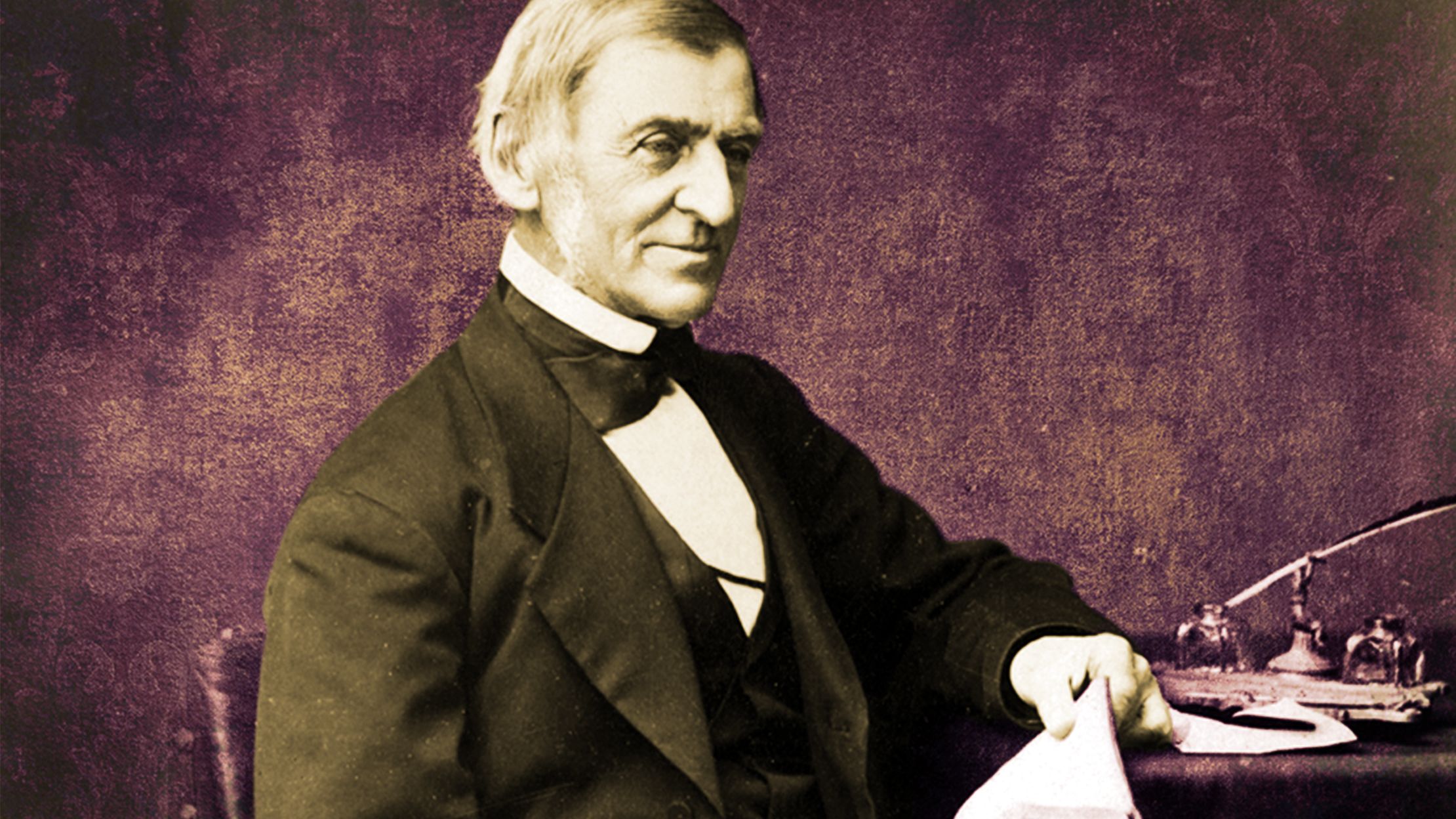
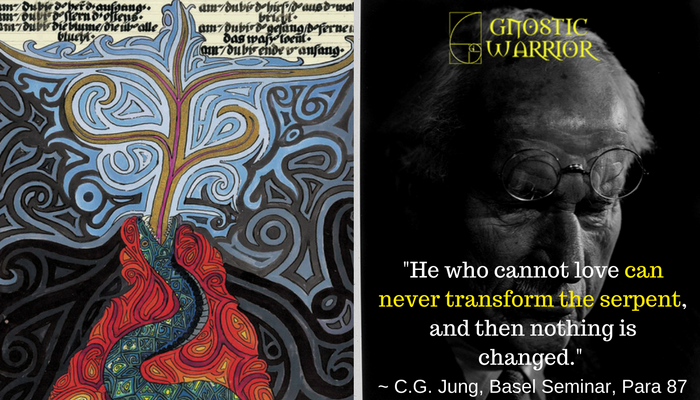
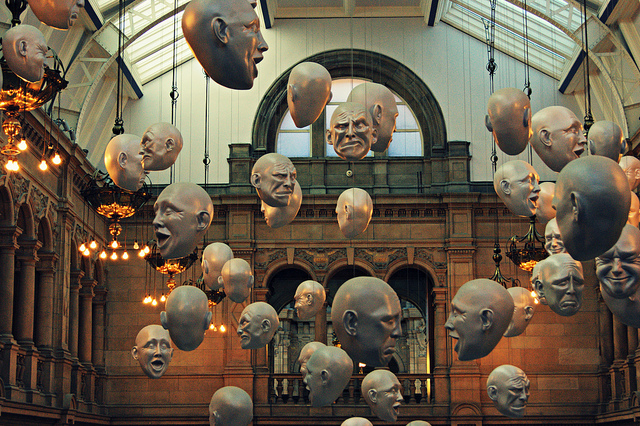

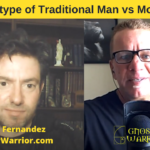
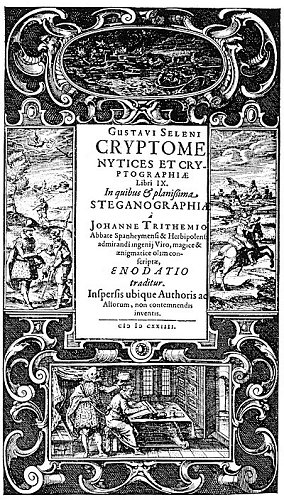
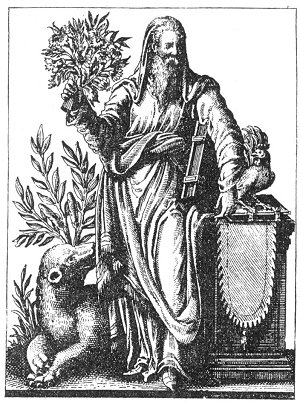

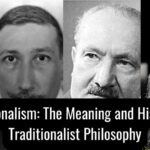
What is your source/evidence that Emerson was a Freemason?
Amazingly written history, succinctly detailing the etiology of the West’s leftist cultural disease, taking its academic genealogy further back than I’d previously considered. I’ve read much of your blog, though I’ve not commented until now. Awesome, fresh-breath-of-air kind of work you’re doing, though, saliently, it’s a fresh breath of air taken in sub specie aeternitatis. Beautiful and important stuff.
Thank you for the kind comment Eric. I do not get a lot of comments commending my research on article like this so it is great to know that some people enjoy it. Peace be with you!